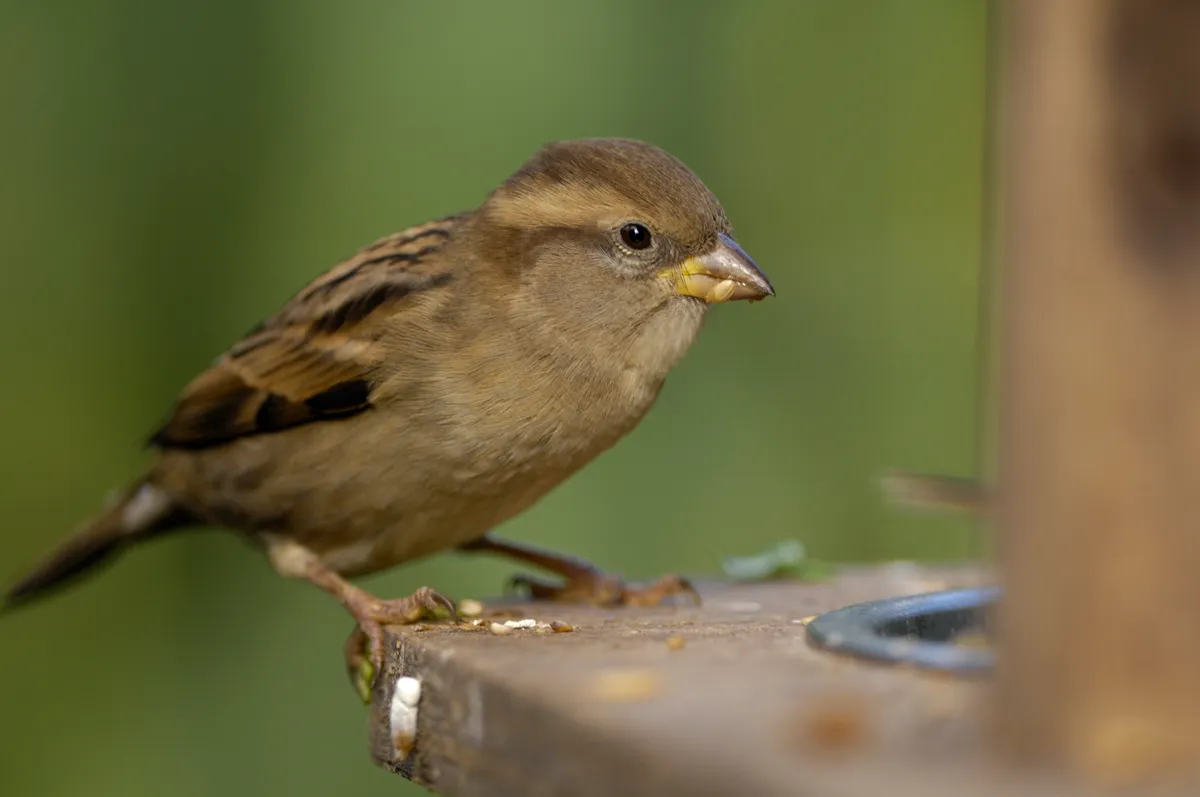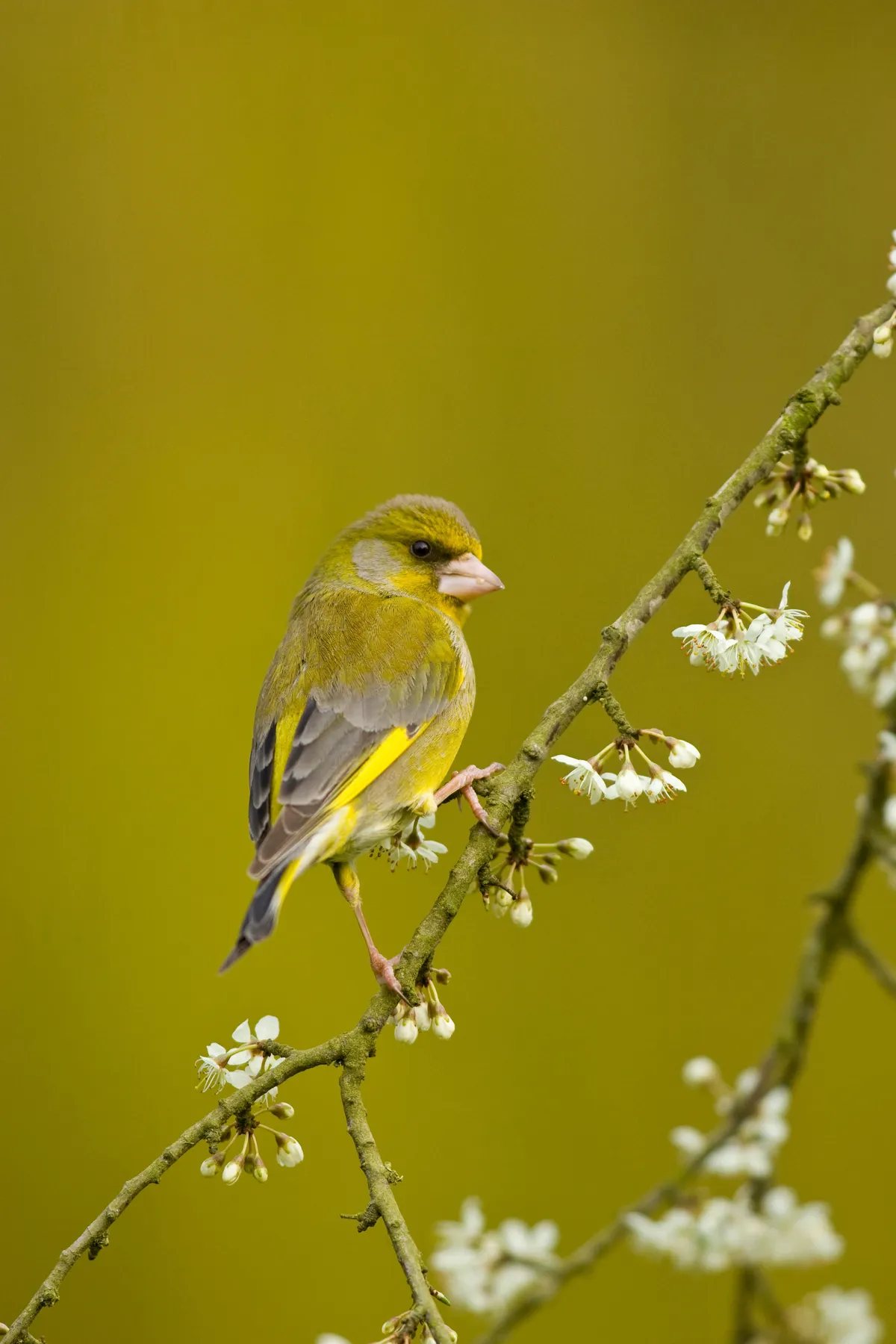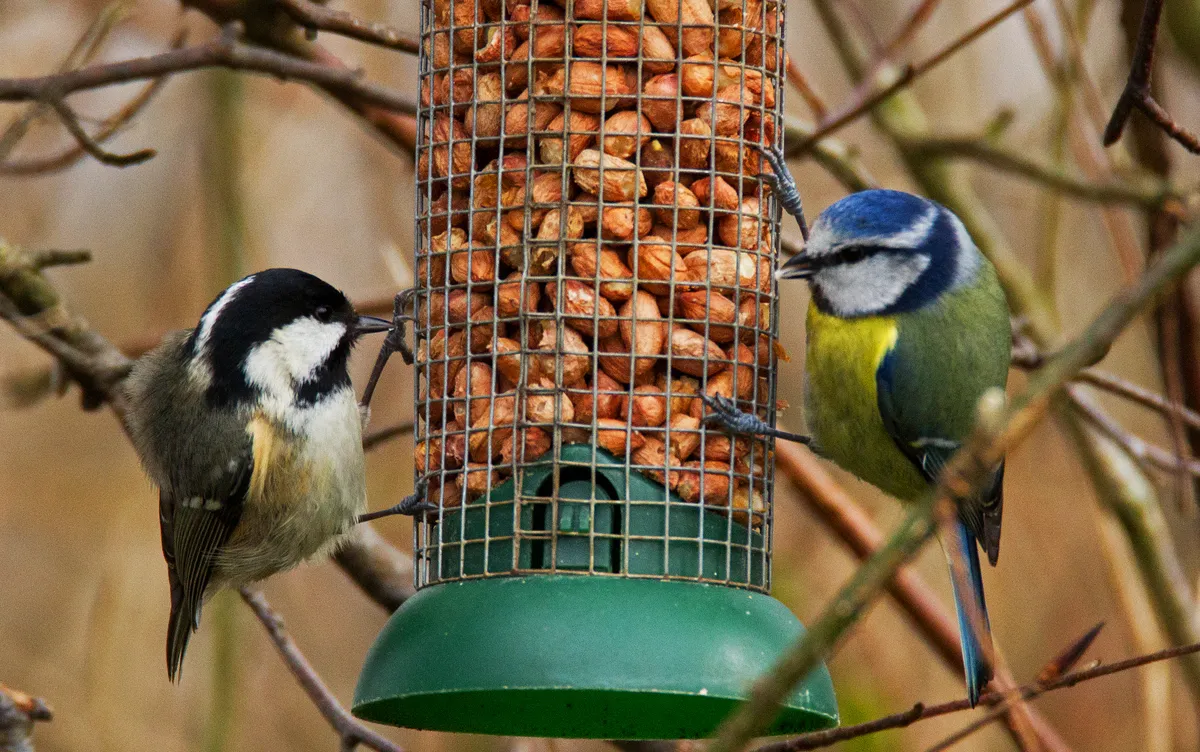For the twentieth year in a row, house sparrows have claimed the top spot in the RSPB Big Garden Birdwatch, with nearly 1.5 million being spotted during the weekend in late January.
However, the RSPB are concerned as the species has suffered severe declines, with numbers having dropped by 60 per cent since the survey first began 44 years ago. It’s thought that the UK has lost nearly 22 million house sparrows since 1966.

“While we celebrate the 20-year stint of the house sparrow at number one, the numbers speak for themselves when it comes to the startling declines of some of our once common birds,” says Beccy Speight, chief executive of the RSPB. “They no longer have the abundance across the UK that they used to have. We are in a nature and climate emergency and we’ve lost 38 million birds from our skies in the last 50 years.”
The RSPB Big Garden Birdwatch has been running for more than four decades, and is the world’s largest garden wildlife survey.
This year over half a million people took part in the Big Garden Birdwatch, and submitted sightings of more than nine million birds.
Coming in second in this year's survey was the blue tit followed by starling, wood pigeon and blackbird. See the full results below:
- House sparrow
- Blue tit
- Starling
- Woodpigeon
- Blackbird
- Robin
- Goldfinch
- Great tit
- Magpie
- Long-tailed tit
With the same methodology across 44 years, the survey allows the RSPB to study the long-term trends of garden birds.
For example in the late 1970s, the song thrush was a commonly featured bird in the top ten species seen, but by 2009 its numbers had dropped to less than half, alerting the RSPB scientists to a decline. This year, it ranked at number 20 and was seen in only nine per cent of gardens.
“With so many people sending in their sightings over the weekend from across the UK, Big Garden Birdwatch really helps paint a picture of how our garden birds are faring,” adds Speight.

In addition, finches such as greenfinches and chaffinches have also been decreasing in number as they have been affected by a disease called trichomonosis.
Spread via contaminated food and water, trichomonosis is the name for the disease caused by a protozoan parasite, Trichomonas gallinae. In the last decade, chaffinches have declined by 34% and greenfinches by 65%.

The RSPB advises that birdfeeders and water dishes should be regularly moved around to prevent food waste build-up, and regularly cleaned with a mild disinfectant. If sick or dead birds are spotted, feeders and bird baths should be emptied and removed for at least two weeks.
In conjunction with the Bird Garden Birdwatch, the RSPB also run a survey with schools during the first half of the spring term, called the Big Schools Birdwatch. This survey encourages school children to learn more about birds and to connect with nature.
Over 66,000 children took part in the Big Schools Birdwatch this year, and the results revealed that blackbirds, woodpigeons and house sparrows are the three most commonly spotted birds on school grounds.
The results of the Big Garden Birdwatch come as the nation has been enjoying Wild Isles, the new BBC series narrated by Sir David Attenborough, which celebrates the stunning wildlife that can be found around the UK.
The RSPB was involved with the production of the series, and has joined forces with the National Trust and WWF to create a new campaign called ‘Save Our Wild Isles’ and to send an urgent SOS for nature.
